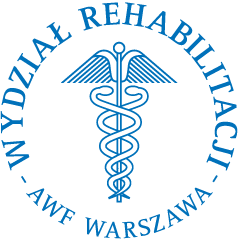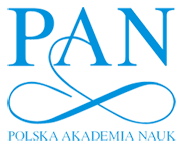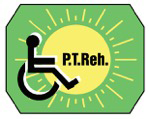


|
Current issue
Archive
Manuscripts accepted
About the journal
Editorial board
Reviewers
Abstracting and indexing
Contact
Instructions for authors
Publication charge
Ethical standards and procedures
Editorial System
Submit your Manuscript
|
1/2022
vol. 36 abstract:
Review article
Efficacy of biofeedback in rehabilitation of musculoskeletal disorders: a systematic review
Hernán Andrés de la Barra Ortiz
1
,
Alexandra Meza Matamala
1
,
Francisca López Inostroza
1
,
Catalina Lobos Araya
1
,
Valeria Núñez Mondaca
1
Advances in Rehabilitation, 2022, 36(1), 41–69
Online publish date: 2022/02/01
View
full text
Get citation
ENW EndNote
BIB JabRef, Mendeley
RIS Papers, Reference Manager, RefWorks, Zotero
AMA
APA
Chicago
Harvard
MLA
Vancouver
Musculoskeletal disorders (MSD) are a frequent reason for consultation and the main cause of disability in population. Electromyographic biofeedback or myofeedback (MF) is a promising treatment in rehabilitation, although studies supporting its benefits in MSD have declined in recent years. The objective of this review was to describe the efficacy of MF in function recovery, strength increase and muscle relaxation in MSD. Randomized clinical trials (RCTs) were identified in Pubmed, Scopus, Web of Science, Cinahl and Science Direct databases dated September 2, 2021. Four independent researchers reviewed articles titles and abstracts to determine their eligibility. Risk of bias and articles quality was assessed using Rob2 tool (Cochrane) and PEDro scale. Functionality improvement, strength increase, and muscle relaxation were considered as main outcome. Search strategy yielded 160 articles after eliminating duplicates, reducing to 26 when selection criteria were applied. Articles were classified in strengthening (n=16) and muscle relaxation (n=10) according to MF therapeutic aim. Eighteen articles were rated as low risk of bias (69.22%) and an average internal validity of 6 points was obtained. Studies show improvements in functionality, strength increase and pain reduction with statistical significance when MF were complemented with therapeutic exercises or other physical agents modalities (p<0.005). MF also shows a decrease in movement fear, depression, and pain perception, suggesting central modulating effects. This review supports MF efficacy in MSD rehabilitation, showing improvements in functionality and pain reduction. The review allowed to establish a dosage recommendation based on articles analysis which can be considered for future RCTs.
keywords:
rehabilitation, biofeedback, musculoskeletal diseases, myofeedback, recovery of function |
    |